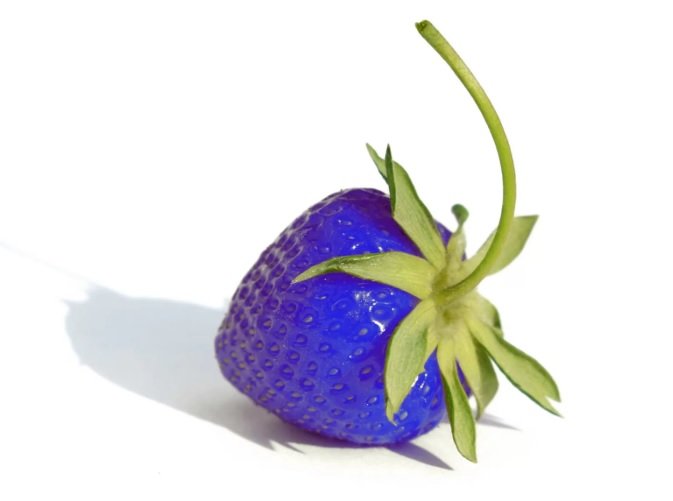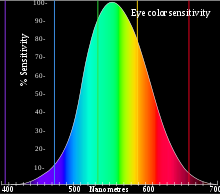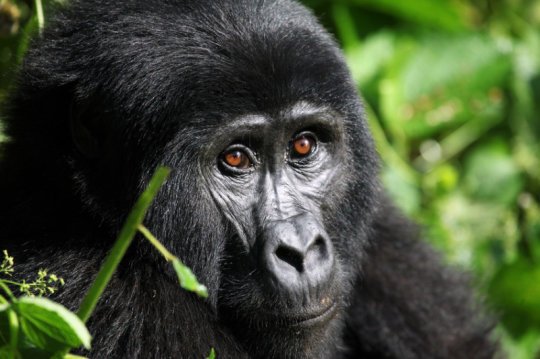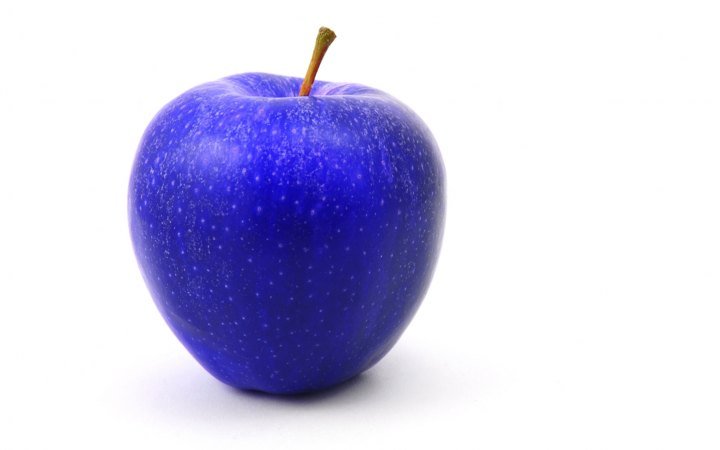Alright, lets get this out of the way: Color is an illusion, the color we see, does not exist outside the construct of our perception. Did I get your attention yet?
So what is color?

Color is an evolutionary trait that we humans, and other animals, have evolved into our perception, to distinguish certain ranges of the electromagnetic spectrum. The retina, which is considered to be part of the central nervous system, has sensory cells (cones ) near it's center, that "fire" in certain ranges of electromagnetic light. The retina of course has other types of photo receptors called rods, but these are outside the scope of this article.
The part of the spectrum we call "visible light" only describes our own" human" limitations for electromagnetic wave perception thru our retinas. Other animals, or insects, view different parts of the electromagnetic spectrum. Bees for example, can see ultraviolet, a part of the spectrum that is invisible to us. We can only imagine what token"color" the bee's brain has assigned to the ultraviolet color as it is totally foreign to us..at least for modern humans that is.
But why do we even see color?

After decades of painstakingly researching the subject, scientists have finished a detailed and complete picture of the evolution of human color vision.Published by PLOS Genetics the final pieces of this picture.
According to Shozo Yokoyama, the lead author and a biologist at Emory University, around 90 million years ago, our ancestors were nocturnal and had UV-sensitive and red-sensitive color vision, giving them a bi-chromatic view of the world. Which at the time had obvious survival benefits; however, by around 30 million years ago, our ancestors had evolved four classes of opsin genes, giving them the ability to see the full-color spectrum of visible light, with Ultra Violet as the exception.
"Gorillas and chimpanzees have human color vision," Yokoyama says. "Or perhaps we should say that humans have gorilla and chimpanzee vision."
Do we all see the same way?
Evolution seems to have enabled color vision, by selecting for the genes and mutation that embedded the right kind of photo receptors(cones) near the center of our retina, and giving us sensory input to certain electromagnetic wave lengths; however, our perception of color is still considered to be an individual experience. The age old question, is my red the same as your red, continues to be unanswered in a conclusive way. For all we know, your red might look like my green, and my blue might look to you like your yellow...or not..
In fact, color perception is not an innate trait of human perception . People blind from birth, have no way of understanding what the concept of color might be. You might try to explain to them that red is hot, or that blue is cold, but to someone who has never seen a single color, that description just seems weird, and explaining this to them would not cause them to finally see a color.
Some philosophers, the likes of Daniel Dennett, argue that qualia , may be private and ineffable, simply due to a failure of our own language, not because necessarily they are always going to be impossible to share. Perhaps, using millions and billions of words, used in just the right way, he says, it may be be possible to adequately describe a color, in such a that a blind person could perceive a color, or such that you and a friend can determine that you in fact do not see the same "red"s.
What does the latest science say?

New research has lead some scientists to believe that we in fact might not be seeing the same colors at all. We all agree that blood is roughly the same color as strawberries, as in they're both "red", but is your red another person's blue?
"That is the question we have all asked since grade school," said Jay Neitz, a color vision scientist at the University of Washington. In the past, scientists would assumed that normal vision people do all see the same colors. The reasoning was that our brains have a default way of processing the light that hits cells in our eyes, much like pain perception, and that perceptions of the light's "color" are linked to universal emotional responses. But recently, this view has changed.
"I would say recent experiments lead us down a road to the idea that we don't all see the same colors," Neitz said. Other color vision scientists, such Joseph Carroll, of Medical College of Wisconsin, says: "I think we can say for certain that people don't see the same colors," .. One person's red might be another person's blue and vice versa, the man said.
What does this mean for our perception of the world
Reading this, you might be then inclined to ask: Is our perception of the world real.. Do we really see the world as the world really is, or do we hallucinate the world into perception, interpreted by our own minds, in a very individual "custom" way? Do objects really exist the way we think they do, or is our view of the world similar to our "Desktop" interface on our PC, a euphemism of what's really out there.. Well. This and more, in my next article.
Information and Image sources:
https://www.livescience.com/21275-color-red-blue-scientists.html
https://wonderopolis.org/wonder/do-you-see-what-i-see
https://www.sciencedaily.com/releases/2014/12/141218210100.htm
https://www.pantone.com/how-do-we-see-color
https://en.wikipedia.org/wiki/Color_vision

✅ @hassaneido, I gave you an upvote on your post! Please give me a follow and I will give you a follow in return and possible future votes!
Thank you in advance!
Congratulations @hassaneido! You have completed the following achievement on Steemit and have been rewarded with new badge(s) :
Click on the badge to view your Board of Honor.
If you no longer want to receive notifications, reply to this comment with the word
STOPTo support your work, I also upvoted your post!
Do not miss the last post from @steemitboard:
SteemitBoard World Cup Contest - Brazil vs Belgium
Participate in the SteemitBoard World Cup Contest!
Collect World Cup badges and win free SBD
Support the Gold Sponsors of the contest: @good-karma and @lukestokes